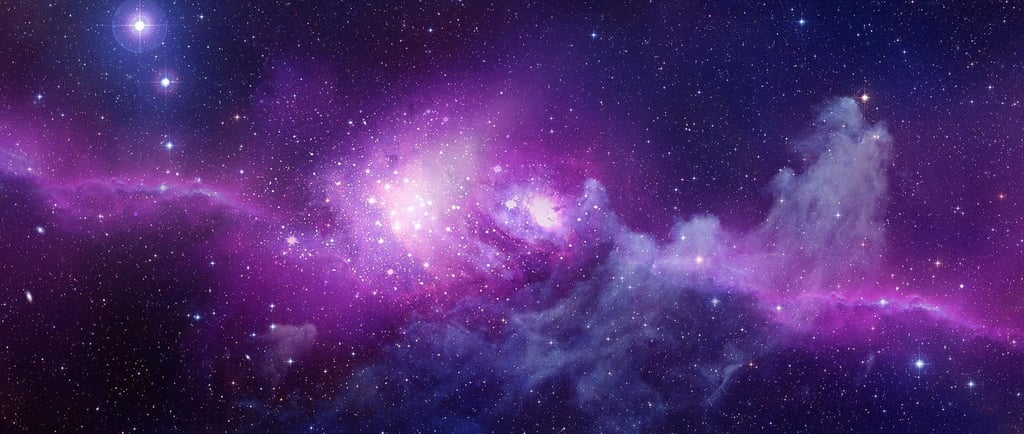Remember You are Stardust


Every year when Ash Wednesday and Lent come around, I always struggle with the extreme penitential language that accompanies most of the Christian rituals. There is a LOT of groveling and verbal self flagellation that happens, and it honestly feels a bit falsely humble. If you have to call that much attention to how horrible and sorry you are, it begins to lose a sense of authenticity. It can come across as more of an excuse and less of an act of vulnerability.
Embracing the concept of original blessing as I do, and championing the belovedness of all humanity, I try to see Ash Wednesday and Lent in a different light. They give us an opportunity look our mortality in the face, and be honest about the transitory nature of this short Earth experience. During the traditional imposition of ashes on Ash Wednesday, the priest says some version of, “Remember you are dust, and to dust you shall return.” The dust of ashes that is referred to here is carbon. It’s one of the most common and abundant elements in the known universe. If there is matter, it likely has something to do with carbon. It’s not just dust to be smudged across our foreheads and blown to smithereens when we’re dead. It’s the sacred dust of the universe that constitutes stars and universes and galaxies beyond comprehension.
Remembering we are essentially star dust has become one of the most hopeful and comforting things I treasure as a part of my faith tradition. It reminds me of the sacred origin I share with all that exists. It reminds me that there is ultimately no separation between any of us or anything we see around us. Under the surface, we have more in common than we have differences and separation, and our commonality begins in the mundane stuff we are built of, infused with divine light, love, and purpose.
Humility and penitence have their place in life. It’s important to learn how to interface with dependence and forgiveness in order to grow as a person. But what if this year’s observance of Lent was less about how wretched we are and more about how the hope of sacredness is found at the most basic levels of who we are, even in our temporary physical bodies. Nothing is wasted in God’s divine ecology. Everything is constantly consumed and made new. Sometimes it feels like destruction and other times it feels like rebirth. How could we possibly judge between the two. That’s part of why we remember we are dust and to dust we shall return. It’s a deeply good, mysterious, and holy thing.
